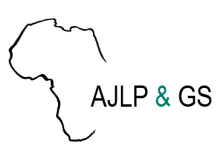/ library resources
Showing items 1 through 9 of 73379.This study explores how LIFTs market development interventions have encouraged landowners to formally register land transactions;thus ensuring that local land registers are up to date..This resource was published in the frame of the Land Investment for Transformation (LIFT) Programme.
This research summary explores the impact of an individual loan product that is linked to the second level land certificate..This resource was published in the frame of the Land Investment for Transformation (LIFT) Programme.
Delineation Of Land Reclamation Areas In Eti-Osa And Lagos Island Local Government Areas Of Lagos State
Pagination
Land Library Search
Through our robust search engine, you can search for any item of the over 64,800 highly curated resources in the Land Library.
If you would like to find an overview of what is possible, feel free to peruse the Search Guide.


